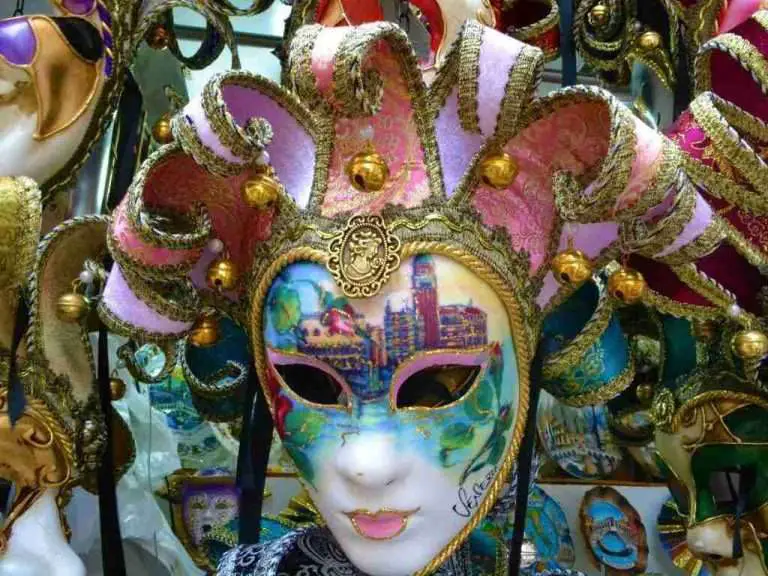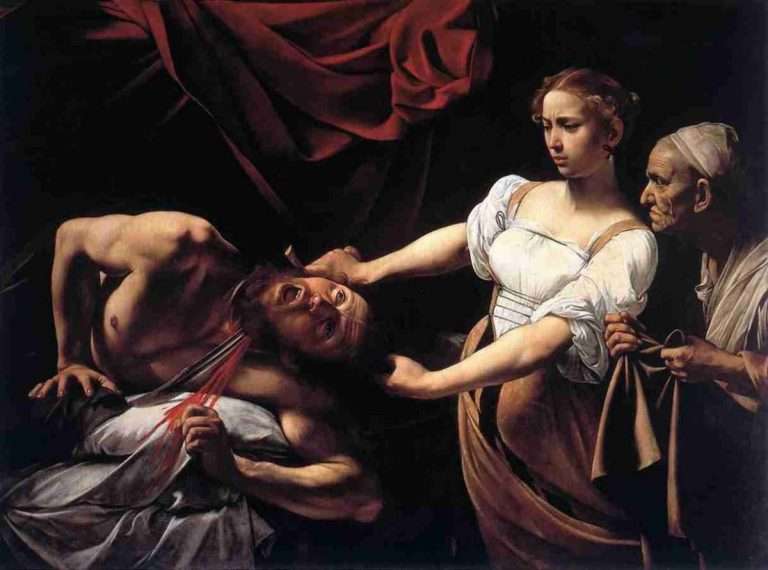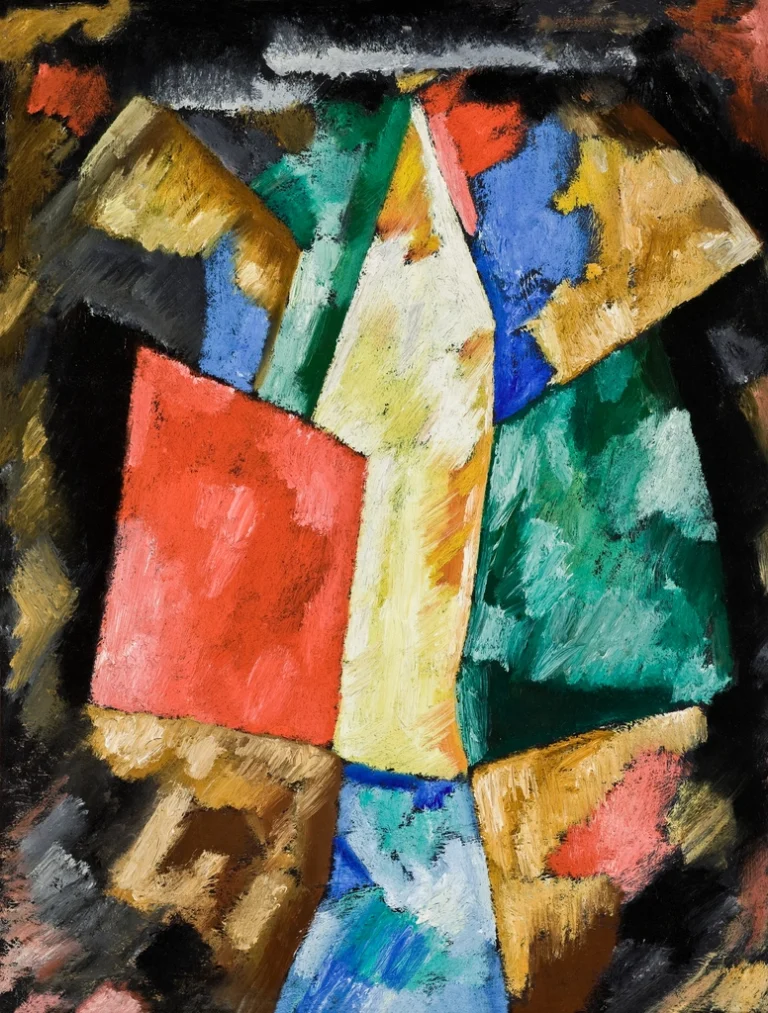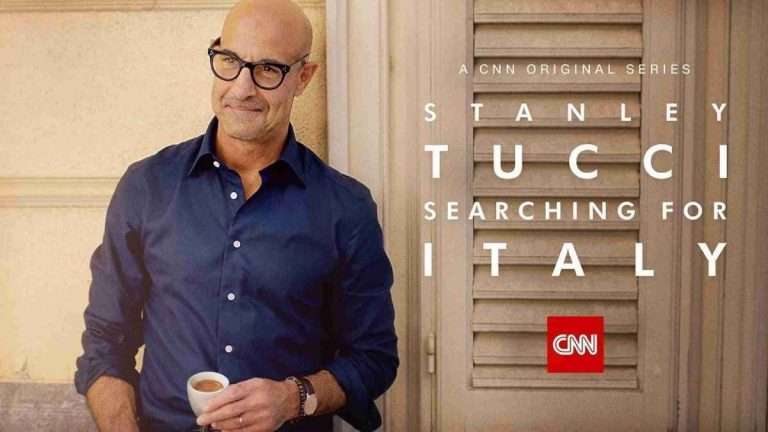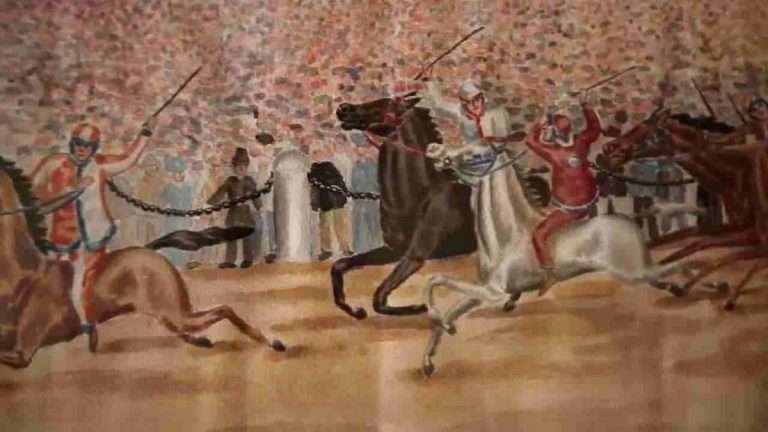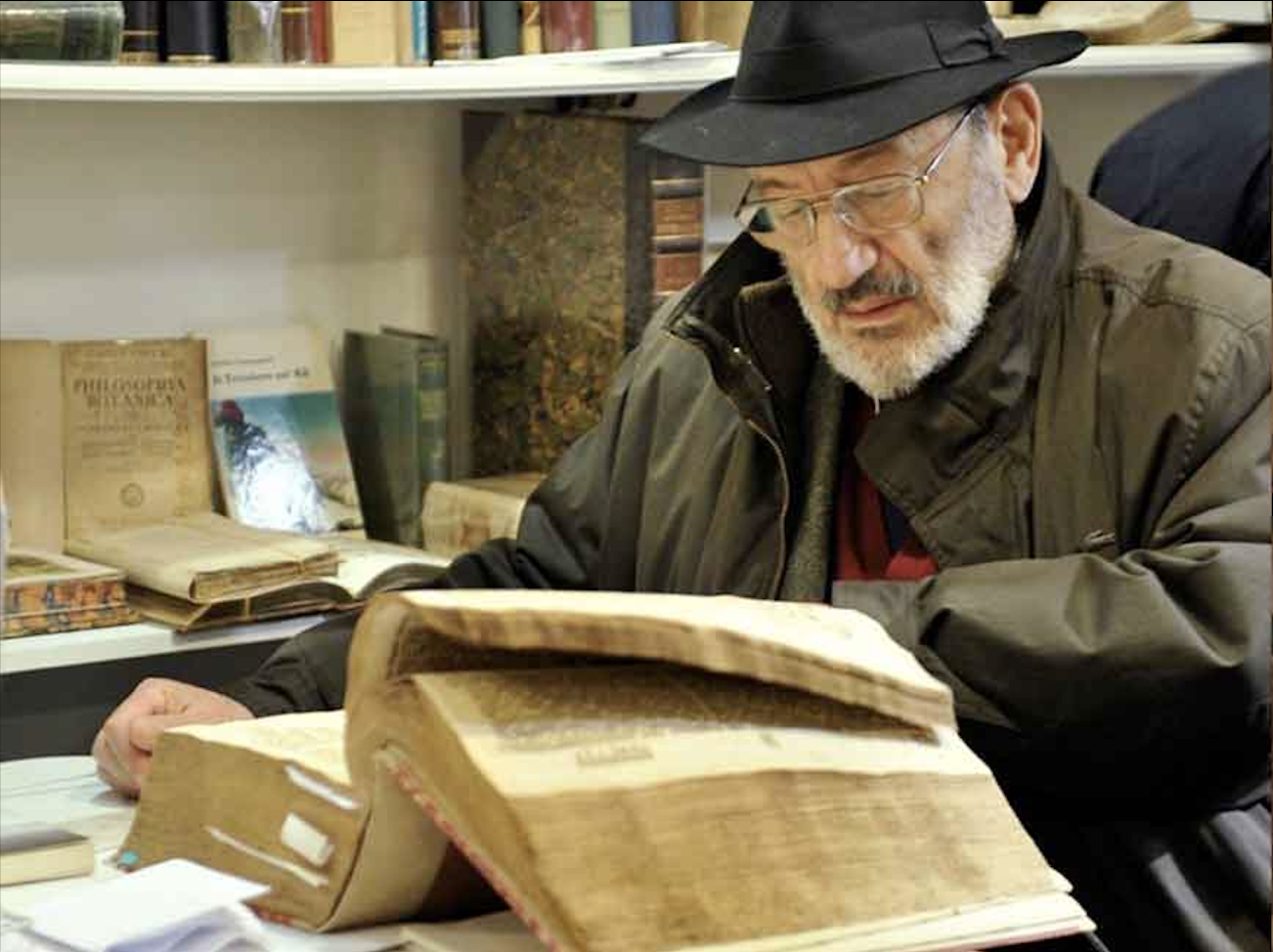
During his lifetime, Umberto Eco amassed more than 30,000 books for his personal library. Now, those volumes will be preserved and made available to students and scholars.
In January, the Italian Culture Ministry announced that it had reached an agreement with Eco’s family to acquire the beloved author’s huge library of modern and ancient books.
Per the announcement, Italy will split the archive between libraries in Milan and Bologna, the two cities where Eco lived and worked.
Umberto Eco’s Library of Modern Books at the Università di Bologna

Eco’s alma mater, the Università di Bologna (UniBo), will be in charge of Eco’s collection of modern books and archives for the next 90 years. Eco taught at the university beginning in 1975 and was professor emeritus from 2008 until his death on 19 February 2016.
“Eco’s books will be kept in a wing of the University Library of Bologna,” explained UniBo Rector Francesco Ubertini when announcing the acquisition. “Professor Eco thus returns to the house where he lived as an intellectual for many decades.”
Ubertini also emphasized that the university will use Eco’s library to learn more about his research and writing process. “Eco’s mind is a large continent to explore,” he said. “The books that Eco has read, which he has browsed through, which contain his notes and his reading cards will be the central object of a major study project.”
Umberto Eco’s Library of Antique Books at the Biblioteca Braidense in Milan

Biblioteca Nazionale Braidense in Milan will acquire Eco’s library of more than 1,200 antique books. The so-called “Bibliotheca semiologica curious, lunatic, magical and pneumatic” includes 36 incunabula (books or pamphlets printed before the 16th century) and 380 volumes that were printed between the 16th and 19th centuries, according to the Braidense announcement.
Known to locals as the Biblioteca di Brera, the Braidense is located, along with the Pinacoteca, in the Palazzo di Brera. In one of his last opinion pieces before his death, Eco wrote about the bad paintings of Francesco Hayez, a painter whose “Kiss” features prominently in the Pinacoteca di Brera.
Umberto Eco Looks for a Book in His Own Vast Library
A polymath, Umberto Eco was lauded for his ability to bridge two worlds, the academic and the popular, a technique that shines through in his best-selling books like The Name of the Rose and Foucault’s Pendulum. “He infused his seven novels with many of his scholarly preoccupations.”
Eco was a witty, fascinating subject himself, and he was often invited to pen columns and appear on camera. This 2015 conversation about memory and libraries, contained in the video below, gives us a glimpse of the extensive personal library that will soon be under the care of the two libraries in Bologna and Milan.
His long journey to find a single book on his own shelves begins at about the 4:50 mark.

